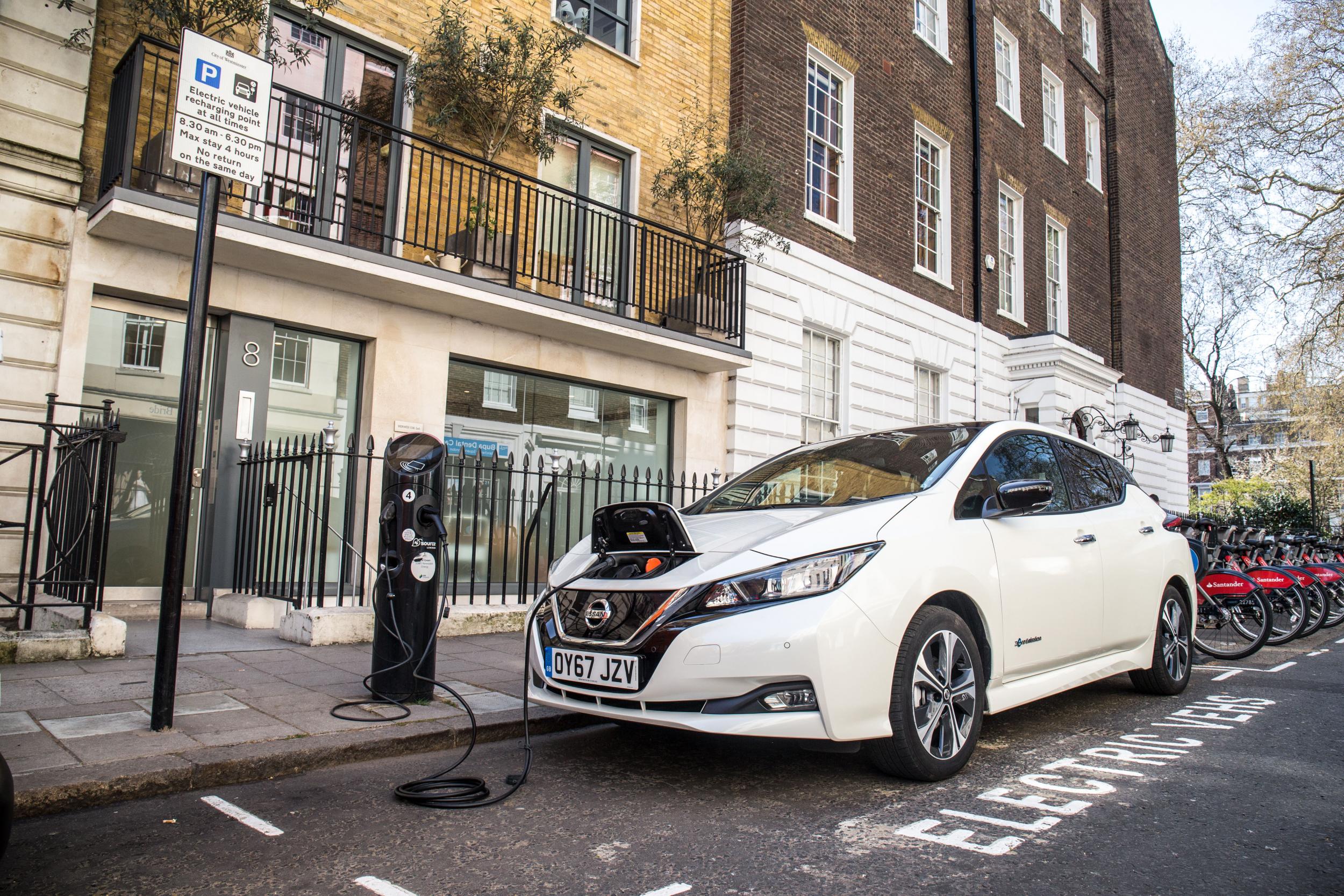How will Britain's drivers go electric?
Theresa May committed to net zero carbon emissions by 2050 but will electric vehicle technology and infrastructure develop enough to make it happen?

The government needs to “supercharge” its electric vehicle strategy if it is to have any chance of meeting its new net zero emissions by 2050 pledge. The British Vehicle Rental and Leasing Association (BVRLA), an important voice in the transport sector and which represents fleets that own or operate nearly five million cars and vans, says that a poor charge point infrastructure and vehicle supply are “putting the brakes on” UK electric vehicle registrations.
It follows a similar warning from the National Grid, while the House of Commons Business, Energy and Industrial Strategy Committee has described Britain’s charging infrastructure as “poor” and “lacking in size and geographical coverage”. “Range anxiety”, along with cost, has been one of the main factors deterring buyers from adopting a new generation of capable all-electric vehicles, such as the Nissan Leaf, Renault Zoe, Hyundai Ioniq, Kia Niro, Jaguar I-Pace. New models over the next few months and years are due from a wide range of manufacturers including VW, Audi, Seat, Honda and Volvo.
Only around one in 100 new cars registered in the UK are pure electric (as opposed to the much more popular hybrids and plug-in hybrids that retain their petrol or diesel motors). Even though some mainstream electric cars now boast a range of 200 to 300 miles, adoption is held back by the additional difficulty householders in, say, flats and terraced houses have in charging cars when they are unable to do so at home, because fitting a charging box is impractical.
Road transport is responsible for 26 per cent of the UK’s greenhouses gas emissions. To reduce this impact, the government published a Road to Zero strategy in July 2018, pledging to make almost every car and van zero emission by 2050. The BVRLA says the government is failing to make sufficient progress to reach its overall zero carbon goal by 2050. The association argues that “persuading large fleet buyers to go electric is one of the fastest ways to boost the number of EVs on the road. A lack of clarity about what taxes will be levied on the buyers and users of EVs in future years means they are holding back”. Additionally, the BVRLA cites the following weaknesses in achieving the government’s targets:
* Charge point access – there are still too many rapid charge point “black spots” and the ability to roam between different charging networks remains a challenge;
* Leading by example – the government set a target to make 25 per cent of its own official car fleet ultra-low emission vehicles (ULEVs) by 2022, but recent data indicates that only 2 per cent are ULEVs, placing the government way behind on its own plans. Chris Grayling, the transport secretary, has announced plans to make sure all government-run vehicles are electric by 2030.
“We are less than a year on from the launch of the government’s Road to Zero strategy and our own Plug-in Pledge,” adds Gerry Keaney, chief executive of the BVRLA.
“Fleets across the UK have committed to this transition and are leading the zero-emission vehicle surge. Our research has found that they are desperate for clarity on future taxation and incentives, want better access to public charging and are frustrated at lead-times of over 12 months for the most popular EVs.”
Although the BVRLA says the UK is a “frontrunner” compared with other countries in some areas, there are also serious deficiencies.
To support its assessments, the BVRLA makes some key recommendations that it believes will get the UK’s electric vehicle strategy back on track. These include:
* Providing a five-year roadmap for motoring taxes and EV incentives;
* Setting a national quota for EV registrations that ramps up between now and 2030;
* Mandating universal methods of access and payment for public charge points.
“Fleets are already spending billions of pounds on electric vehicles and can drive an even faster transition to zero emission motoring with more government support,” says Keaney.
“Growing concerns around urban air quality and climate change mean that the government is already updating its targets with more ambitious ones. We are ready to work with policymakers and the automotive supply chain in meeting today’s and tomorrow’s challenges.”
Graeme Cooper, project director for electric vehicles at National Grid, has called for “a really grown-up discussion” among all the interested parties – oil companies, vehicle operators, electricity generators and distributors and government.
Join our commenting forum
Join thought-provoking conversations, follow other Independent readers and see their replies
Comments
Bookmark popover
Removed from bookmarks